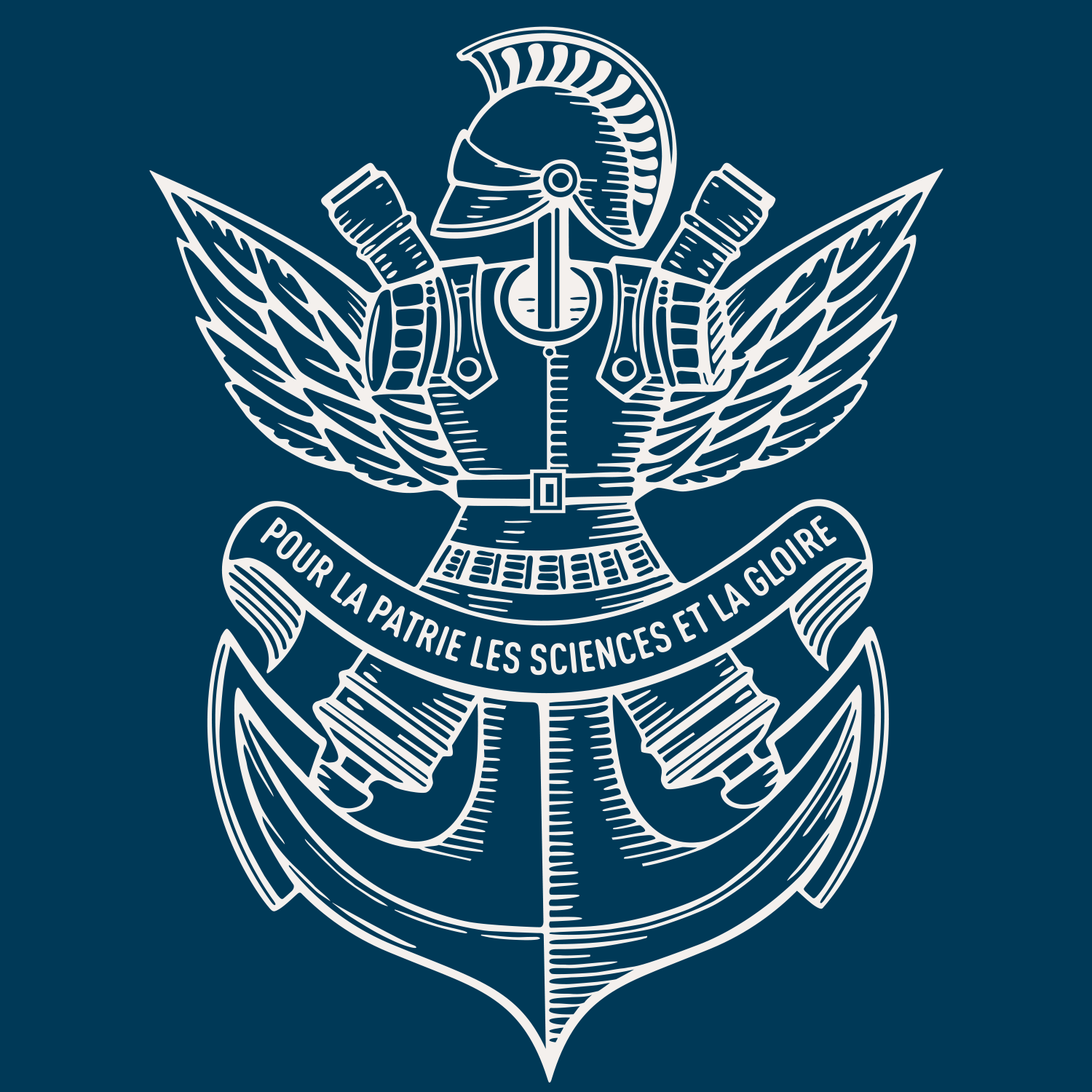A physics-based approach to flow control using system identification
Résumé
Control of amplifier flows poses a great challenge, since the influence of environmental noise sources and measurement contamination is a crucial component in the design of models and the subsequent performance of the controller. A model-based approach that makes a priori assumptions on the noise characteristics often yields unsatisfactory results when the true noise environment is different from the assumed one. An alternative approach is proposed that consists of a data-based system-identification technique for modelling the flow; it avoids the model-based shortcomings by directly incorporating noise influences into an auto-regressive (ARMAX) design. This technique is applied to flow over a backward-facing step, a typical example of a noise-amplifier flow. Physical insight into the specifics of the flow is used to interpret and tailor the various terms of the auto-regressive model. The designed compensator shows an impressive performance as well as a remarkable robustness to increased noise levels and to off-design operating conditions. Owing to its reliance on only time-sequences of observable data, the proposed technique should be attractive in the design of control strategies directly from experimental data and should result in effective compensators that maintain performance in a realistic disturbance environment.

